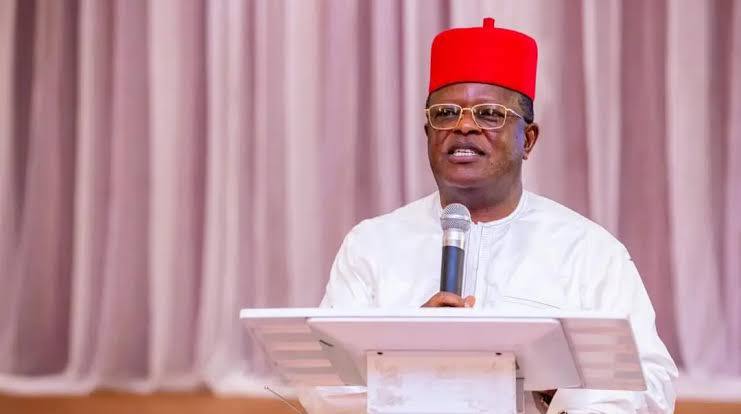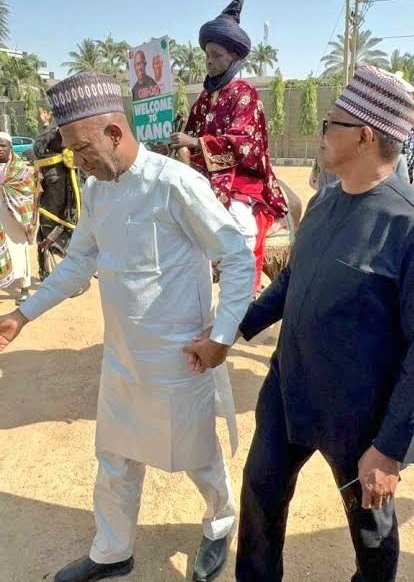
Nigeria’s Federal Government requires approximately N19 trillion to finish 2,604 inherited road projects across the country, according to Works Minister David Umahi. During recent briefings, Umahi outlined the vast scale of these projects, which collectively cover 18,000 kilometers and reflect a massive financial responsibility left from previous administrations. Already, the current government has paid N4 trillion out of an initial N14 trillion budget allocated to these contracts, yet a substantial N6 trillion funding gap persists.
Umahi highlighted that, under the Renewed Hope Agenda of President Bola Tinubu, the ministry is pursuing alternative funding avenues to tackle the deficit. The administration is also implementing a shift from traditional asphalt to concrete-reinforced pavements on new road projects, aiming to improve longevity. Citing the frequent deterioration of Nigeria’s roads, Umahi noted that roads built under the asphalt method rarely last more than five years in the country’s climate. Concrete-reinforced pavements, endorsed by President Tinubu, are anticipated to reduce maintenance costs and enhance value for public expenditure.
Umahi also plans to re-evaluate the government’s current road project portfolio, prioritizing projects with the greatest impact and seeking support from agencies like the NNPC to channel additional funding to critical infrastructure, such as the East-West Road. With road development spread across Nigeria’s six geopolitical zones, the minister intends to personally inspect ongoing projects, emphasizing accountability and quality in execution.
This ambitious plan to revive Nigeria’s infrastructure highlights both the funding challenges and strategic changes aimed at sustaining road durability and efficiency.




